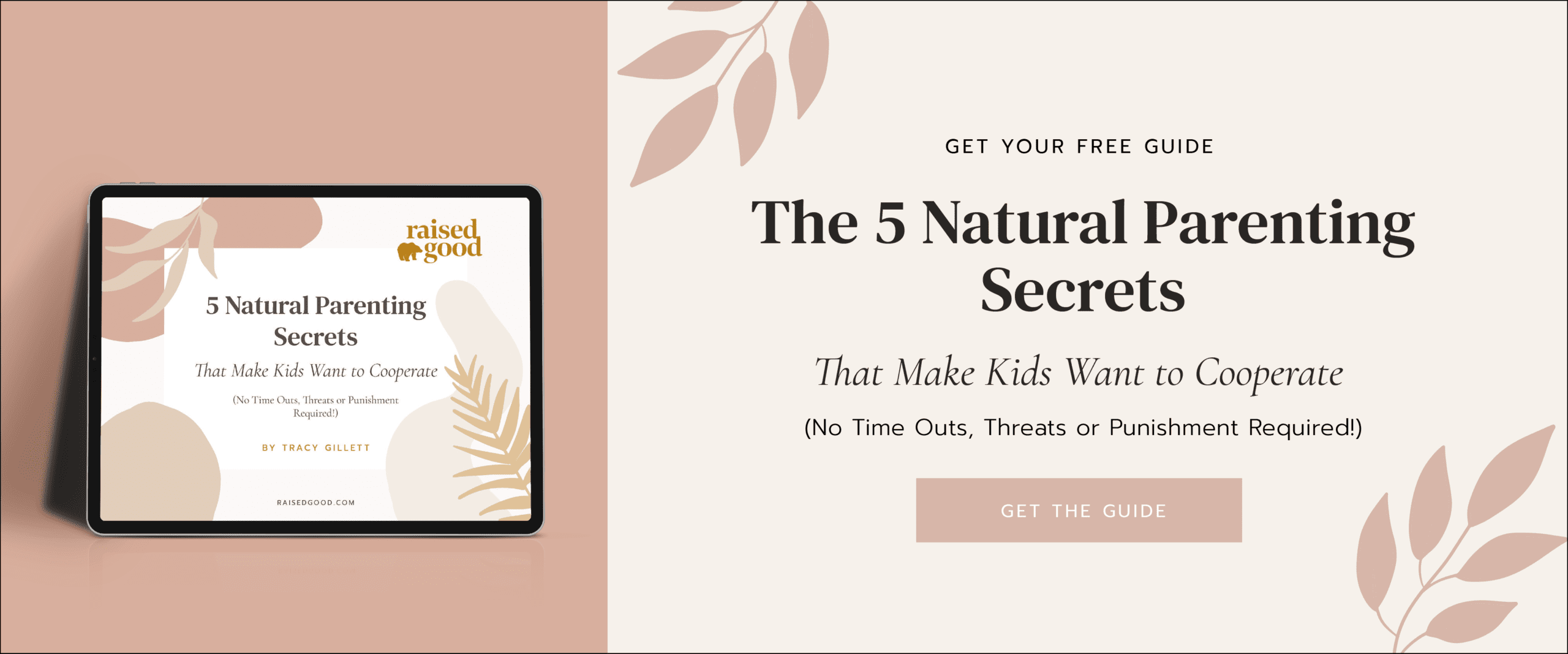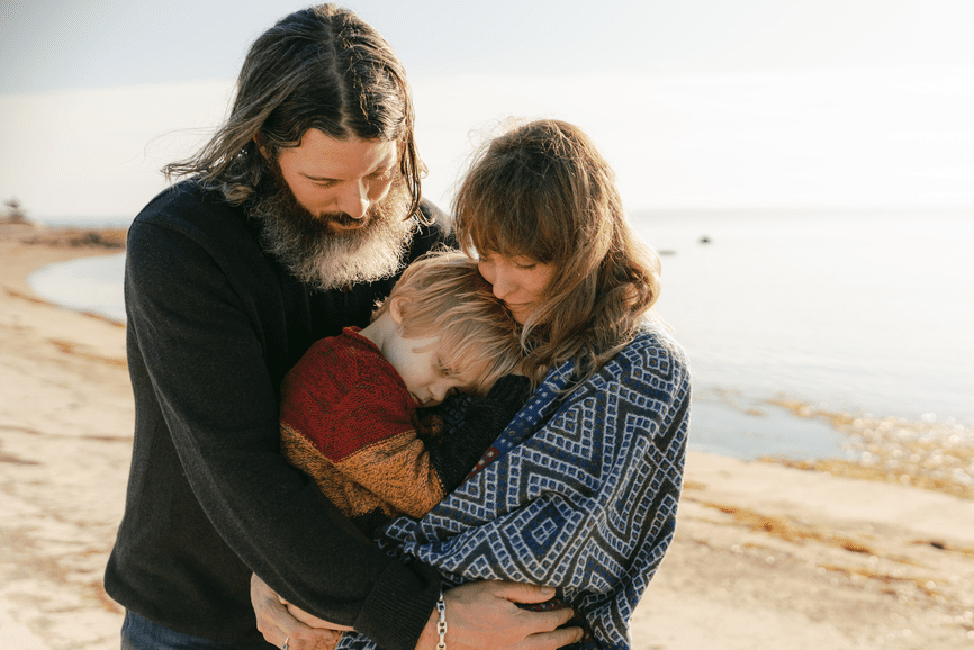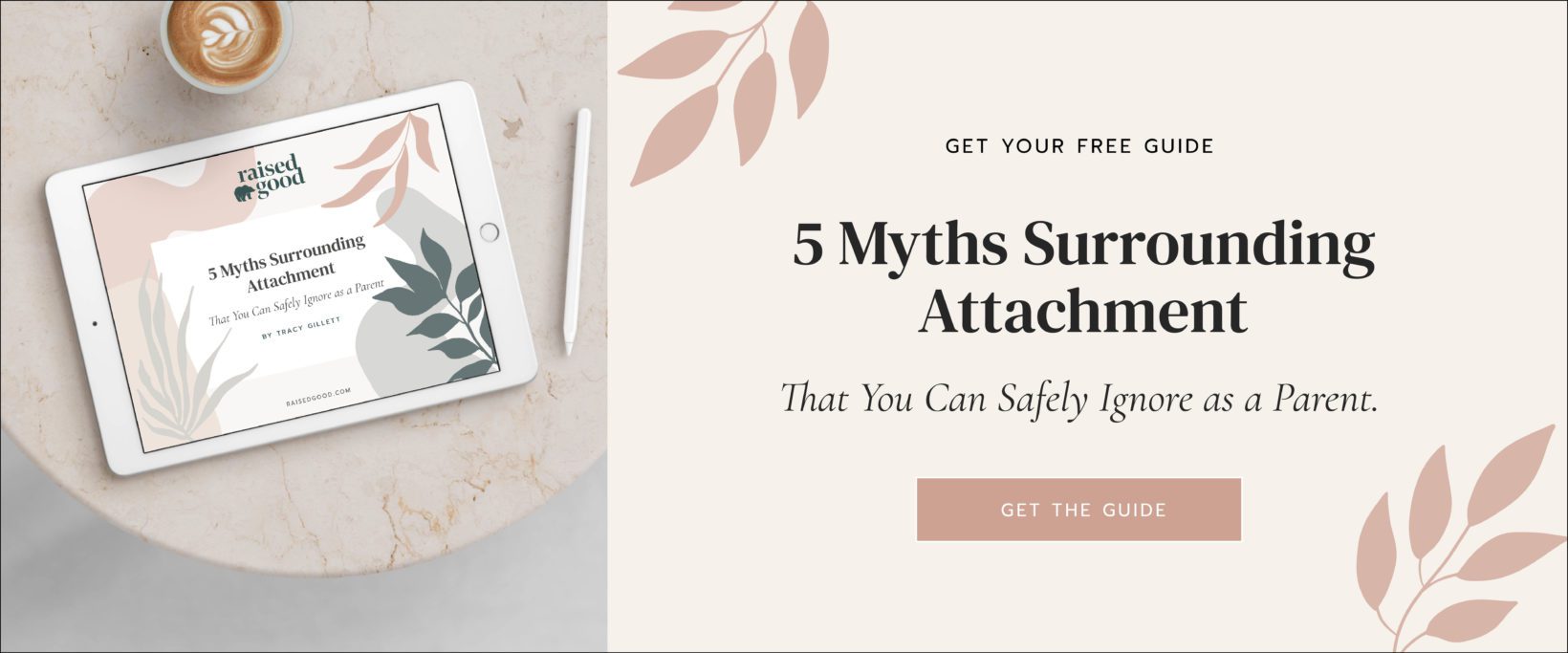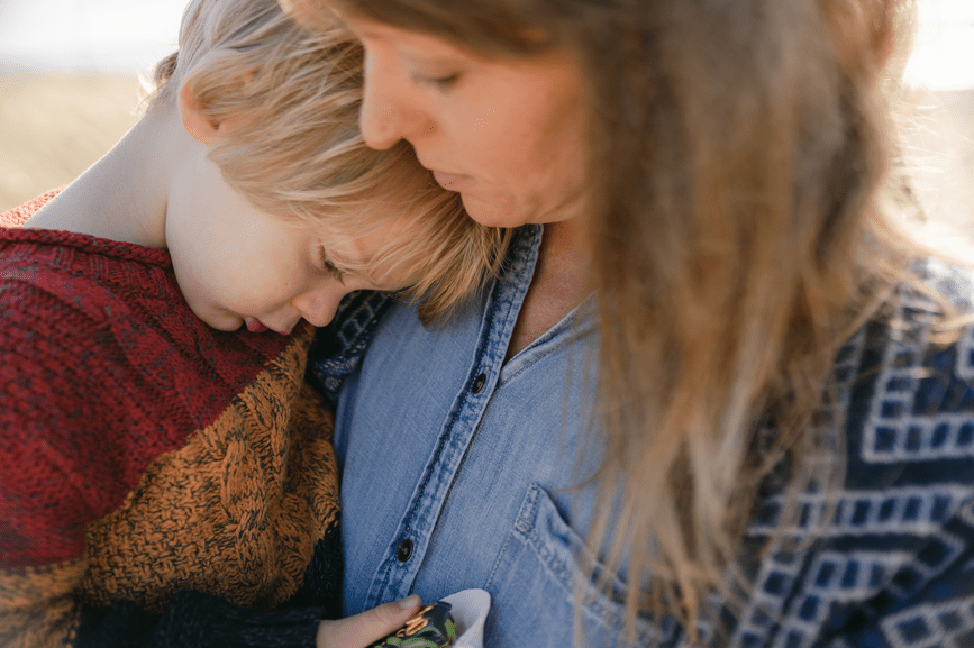My son was 4 years old at the time.
He was in a soccer class once a week. He loved it. And he hated it.
He found it exciting. And frustrating. And fun. And overwhelming. You know…all the feels.
All the feelings that are as intense as they are predictably unpredictable when you’re only four years old. You know how it goes.
One particular morning my son’s emotional buttons had been pushed one too many times by another little boy in the class.
He’d tried but he simply couldn’t hold it together any longer. Standing on the sidelines, I heard him before I saw him as he ran to me in floods of tears.
It wasn’t the time for me to ask questions or find answers. It was the time for me to BE my son’s answer. To open my arms and wrap them around him, to make him feel safe and secure. To make space for his hurt feelings. To allow for every tear to fall. To block out the world around us and send my son a clear message that it is safe to feel and that there is no shame in expressing any and every emotion.
Wrapped in my arms my son couldn’t hear anything going on around him, other than my whispers of reassurance.
But I could hear the man behind us. He was an older man, a grandfather to one of the little boys in the soccer class. I’ll never forget his words, “What is that noise? Boys don’t make that noise.”
It was very unlike me, but I didn’t even bother to turn around to say something or to give the man a stare to make him think twice next time. My son needed me and there was no way I’d divert my attention.
No way I’d try to stop his tears.
No way I’d communicate that there was anything wrong with feeling and expressing his emotions.
Not a chance.
Initially, when I heard the older man’s comment – for a split second – I thought he must be joking. My perspective has shifted so much on this gentle parenting journey that sometimes I think, surely people don’t think that way anymore.
Surely, our society understands the importance of emotional intelligence.
Surely, we acknowledge that we can’t avoid or pretend that we don’t have emotions that make us feel uncomfortable sometimes.
Surely, we understand that to feel is perfectly normal, that’s what makes us human.
Surely, as adults we are grown up enough to be able to help our youngest children walk through and make sense of their big feelings.
Surely, we understand that feeling our emotions serves a purpose.
Surely, people don’t think that way anymore.
Sadly, in our society, they do.
And whether we like it or not, the world will communicate this to our boys. And so as parents to boys, we need to make our families SO accepting of all feelings that they’ll know the world has it wrong. They’ll think the world is joking. They’ll develop an inner knowing that is unshakeable by the world around them.
We need to normalise the vulnerability of our boys so that they grow into emotionally healthy, soft, nurturing, caring grown men one day, who will play their part in breaking unhealthy generational cycles.
And as parents we need to surround ourselves with a village that holds the space for boys; to feel and honour all emotions.
Dr. Gordon Neufeld says that only humans are capable of feeling their emotions and that this capacity turns out to be an essential prerequisite for becoming fully human and humane. Children don’t start out feeling their emotions though – for emotions to be felt, they must be expressed, named, and relatively safe from injury.
Following a gentle parenting path, I’ve known that holding the space for big emotions comes with the job description. For me, it’s a compassionate way of being in a relationship. It demonstrates unconditional love, acceptance, and respect. After all, there are no “good” or “bad” emotions and all behaviour is communication. Parenting is about being in a relationship, not implementing tactics and strategies.
For me, all these reasons are enough.
But, it wasn’t until recently that I learned from Dr. Gordon Neufeld that there is perhaps a deeper and very urgent need for us as parents to ensure that we make our children feel safe enough to not just have emotions but to truly feel them, especially tender emotions. So, let’s dive into what happens to our children’s brain development when we comfort, instead of shame, tearful little boys (and girls). Here’s what we’ll cover in this post:
- What is the purpose of emotions?
- Why emotions are the engine of maturation
- How does feeling emotions help our children mature?
- How can we help our children feel their emotions?
- How do we keep our children’s hearts soft?
- Why we need to comfort instead of shame tearful little children
- Resources to learn more

What is the purpose of emotions?
Put simply, Dr. Gordon Neufeld teaches that emotions are designed to move us. Emotion is how the brain moves us when we’re stirred up in a certain way.
When we feel alarmed, we’re moved to caution, stopping us in our tracks and keeping us safe from danger.
When we feel frustrated, we’re moved to effect change. Frustration is so…frustrating – we want to avoid it, to get rid of it and so it serves its purpose. I know for me that this emotion is responsible for sparking some of the greatest changes in my life.
When our children feel attached, connected and safe, they’re moved to rest, to play and to grow.
One of the laws of emotion is that it seeks expression, it seeks consciousness. Emotions need to come out of us…like an electrical charge that needs to move. When we stifle them, stuff them down, hide them and pretend we’re ok when we’re not, we’re setting ourselves up not only for suboptimal emotional health but also for long-term negative physical health outcomes.
Dr. Gordon Neufeld says that, “Emotion has been traditionally dismissed as a vestigial left-over of our animal nature, unnecessary and unbecoming, even indicative of immaturity. We were told not to be emotional, to reign in our emotions, to stop being irrational. Emotions were considered childish and even girlish (as if this is a bad thing), a source of embarrassment for grown-ups. Most of our medications aim at reducing emotion in one way or another.”

Emotion is the engine of maturation
There is a huge difference between adding candles to a birthday cake – growing older – and actually growing up. Many of our kids are growing older but they aren’t maturing. They’re getting stuck in immaturity. Why?
Dr. Gordon Neufeld teaches that “emotion is the engine of maturation”. What’s important isn’t just having emotions, what’s important is feeling our emotions – that is the key to unlocking maturation.
Neufeld says that “when children lose their tender feelings, they become stuck in their immaturity”.
Tender emotions include a sense of dependence, sadness, shyness, disappointment, alarm, shame, futility, frustration, caring and embarrassment.
“For maturation to result, children need to FEEL their tender emotions.”
Dr. Gordon Neufeld
How does feeling emotions help our children mature?
The brain has an incredible ability to keep us safe emotionally – if our brain detects a sense of vulnerability that is too much to bear it can numb out the vulnerable feelings. It can defend us. It takes care of us. That’s a good thing, right? Yes it is, but only if it’s temporary.
Let’s consider an example. Imagine you’re about to give a public presentation. You’re nervous, you have butterflies in your tummy, your palms are sweaty, and your stomach is empty yet you don’t feel hungry. But, the moment you walk onto the stage, your butterflies disappear as your brain defends you against the vulnerability you face so that you can perform. The moment you walk off stage, you relax, and you suddenly feel your hunger. You’re able to feel again because you feel safe again.
Numbing out vulnerabilities in the short term is a superpower. The problem is that the limbic system – the emotional part of the brain – can only perform one function at a time – it can defend us OR it can grow us up. When it is prioritizing defence, maturation takes a back seat.
Dr. Gordon Neufeld says that, “The brain is remarkable in its ability to defend its host against a sense of vulnerability that is too overwhelming. It can equip us to function in a wounding environment or it can grow us up. It cannot however do both, at least not at the same time. For most of us, our feelings will return when we get back into the arms of our loved ones and our guard comes down. When this does not happen however, these defensive filters can get stuck, resulting in a significant loss of feeling.”
This is why we can hold it together when we’re having a rough day, but when we get home and our loved one gives us a hug and we feel safe, we’re flooded with the feelings we’ve been defended against all day.
When our children need to function in an emotionally wounding environment, their brain helps them by numbing out their tender feelings so that they can perform.

So, how can we help our children feel their emotions?
In the short term, it feels as though it’s easier not to feel, right?! Afterall, the problem with feeling one’s emotions is that feelings can get hurt.
We have countless medications to take away feelings; pills that numb us out. Children who don’t feel their emotions may seem easier to “manage” in the short term. They may seem more independent. Less needy. More pliable.
“It is out of the gift of deep dependence that true independence emerges.”
Dr. Vanessa Lapointe
The problem – for us adults – with our children feeling their emotions is that their emotions are BIG. Especially little kids who can only feel one strong emotion at a time.
So, perhaps the first thing our children need to be able to FEEL their emotions are parents and caregivers who accept that children feeling their emotions is messy. And that’s ok. We need to be able to hold the space for our children’s big and beautiful feelings and feel honoured that we are their safe space to do just that.
“We cannot selectively numb emotions, when we numb the painful emotions, we also numb the positive emotions.”
Brene Brown
Dr. Gordon Neufeld describes the ability to feel one’s emotions as having a ‘soft heart’. As a mother to a highly sensitive little boy, this term immediately resonates with me – it’s a beautiful visual representation. My greatest challenge as a mother is to find ways to allow my son’s heart to stay soft in an emotionally wounding world.
In his book, Hold Onto Your Kids, Neufeld explains that the most wounding of all experiences are facing separation and that peer interaction is where most emotional wounding occurs. Unfortunately, today’s children are subjected to more separation and more peer interaction than ever before.
As modern parents, we’re encouraged to separate from our babies as early as possible, to push them towards independence and self-sufficiency, and almost shamed for feeling and honouring the internal pull to reject the misguided societal pressure and instead hold them close…which is what they need.
“Emotion is the engine of maturation, when children lose their tender feelings, they become stuck in their immaturity.”
Dr. Gordon Neufeld
How do we keep our children’s hearts soft?
Dr. Gordon Neufeld suggests that the most significant factor in keeping our children’s hearts soft is our child’s attachments to us – the special adults in their lives. He describes attachment unfolding beautifully as the child “giving us their heart” – when we keep their heart safe and take care not to wound them, their attachment to us serves as a shield to reduce the impact of wounding outside of the attachment…even when they are apart from us.
This means that the more we invest in our relationship with our children, the more we provide the conditions for attachment to unfold, the more we matter to our children, the less it matters what other people think and feel about them and the more they are shielded by their secure attachment to us.
The more protected they are by a safe attachment to us, the less their limbic system needs to employ defenses and the more they are able to feel their emotions….the more they are able to keep their hearts soft and allow mother nature to do her work of growing our children up.
Why we need to comfort instead of shame tearful little children
Thinking back to the morning at the soccer field, I can now see that the older man sitting behind me has spent a lifetime defending against his emotions. He wanted my son to join him in that dark, cold space.
But, my job as a mum is to shine a light and bring warmth, compassion and acceptance. I’ll follow my son even and especially when I’m scared too and walk beside him because the darkness isn’t so scary when someone holds your hand.
As adults, we need to remember that it is never a child’s job to meet our emotional needs. It’s the other way around. Our children mustn’t feel like they ever need to stop their tears to make us feel more comfortable.
Looking back, I feel compassion for the little boy inside the old man and I wish things could have been different for him. As my friend Lelia Schott says, “Perhaps if tearful little boys were comforted instead of shamed, there wouldn’t be so many angry men struggling to express and empathise with emotions.”
On the soccer field that morning, my intuition was all I needed to tell me that the older man had it wrong. Since the moment he was born I’ve trusted that nobody knows how my son is feeling better than my son.
I’ve learned that as a mother my job is to tune out the world around me so that I can tune into his language and dance into a way of being with him as I help him navigate the world he’s growing up in.
“It’s not our job to stop children from crying. The crying is the healing, not the hurting. When we stop children from crying they have to stuff the hurt inside instead of releasing it”
Pam Leo

Here’s where to go to learn more
Feeling one’s emotions is just one part of the maturation process. Dr. Gordon Neufeld’s work teaches that the four irreducible needs for a child to grow into their full potential are attachment, play, rest, and feelings (or soft hearts). I have taken multiple courses at the Neufeld Institute and cannot recommend them highly enough. To learn more, here is a link to The Neufeld Institute Courses page.
To listen to a conversation I shared with Dr. Gordon Neufeld for the upcoming Raised Good Online Summit, register here for FREE. The summit is live from September 23rd-28th.
To read Dr. Gordon Neufeld’s book, Hold Onto Your Kids, you can find it here.
I am so passionate about the importance of attachment created an online course all about it: The Attached Child. Get on the waitlist now if you’re keen to learn more. Here is a link to The Attached Child for more info.
“Children need at least one person in their life who thinks the sun rises and sets on them, who delights in their existence and loves them unconditionally.”
Pam Leo

Comments